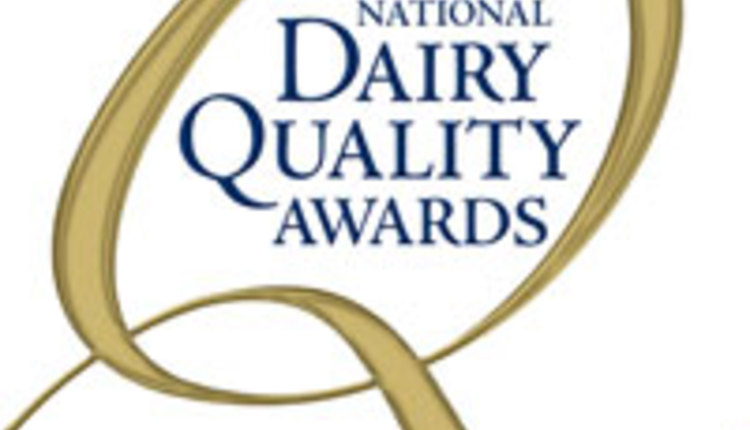
by Amanda Smith, Associate Editor
Whether it's a bowl game, March Madness or the Frozen Four, our nation is captivated by college athletics. With new NCAA guidelines in place, sports RDs (registered dieticians) at Division I schools will be better able to feed and fuel the student-athletes who so often leave us in awe. Dairy, protein-packed in nature and with a role in sports recovery, has a lot to offer.
"This new legislation, which goes into effect in August, changes the way university athletic programs feed their student-athletes," noted Matthew Pikosky, vice president of nutrition marketing and affairs at Dairy Management, Inc.
Under the previous NCAA regulations, student-athletes were typically provided with a student meal plan (three meals per day), a financial equivalent or a combination of the two. One of these meals ("the training table") could be separate from regular student meals.
Sports RDs can select the meal options for the training table, providing them the freedom to best meet their athletes' needs. "The new regulation now allows for unlimited meals, all of which can be in a training table environment, providing universities the chance to optimize their athlete feeding program to give them an additional competitive edge," added Pikosky.
The regulations on snacks, which were limited to fruits, nuts and bagles, have also been lifted, opening the door for nutrient-rich, protein-packed dairy options to play a larger role in student-athlete nutrition.
Milk was previously regulated under the NCAA nutrient supplement provision, which limited protein content to 30 percent of calories. Milk has now moved outside of that category, opening the door for fluid milk innovation.
"Just as exercise science and technology has evolved to provide athletes with state-of-the-art equipment, nutrition science had evolved over the two decades since the NCAA issued its feeding guidelines. We owe it to our athletes to support their dedication to their sport and their academic life with evidence-based best practices in nutrition," Pikosky concluded.
(c) Hoard's Dairyman Intel 2014
May 19, 2014





